|
Félicien Kabuga stands accused of financing imports of machetes to Rwanda ahead of the 1994 genocide. Machetes were the main weapon used to kill people. The 84-year-old Kabuga has been captured in France and appeared before a French court this week. What happens next is likely to be fraught with complications. Rwandan genocide survivors will want him to be prosecuted in Rwanda because they don’t trust the international justice system. But, writes Jonathan Beloff, this is unlikely to happen – for legal as well as political reasons.
South Africa has come up with a detailed plan for protecting workers against COVID-19 infections when the country resumes a big chunk of its economic activity. However, as Carin Runciman points out, these plans face two hurdles: government’s limited capacity to inspect and enforce the regulations; and the poor compliance culture among employers.
|
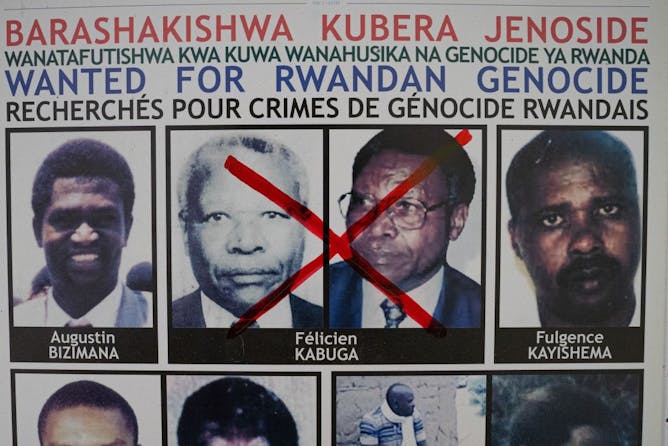
A red marks the face of Felicien Kabuga, one of the last key suspects in the 1994 Rwandan genocide, on a wanted poster at the Genocide Fugitive Tracking Unit office in Kigali, Rwanda.
Photo by SIMON WOHLFAHRT/AFP via Getty Images
Jonathan Beloff, SOAS, University of London
Though genocide survivors would ideally want Kabuga to be prosecuted in Rwanda, it won't be possible, for legal or political reasons.
|
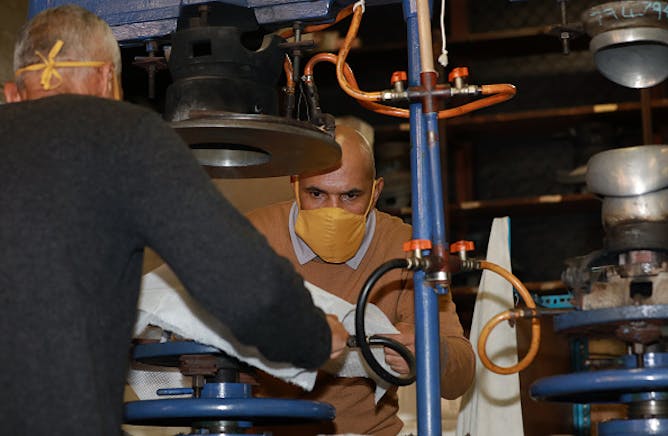
Workers with face masks seen at The Hat Factory in Cape Town, South Africa. But most employers don’t abide by health and safety regulations.
Nardus Engelbrecht/Gallo Images via Getty Images
Carin Runciman, University of Johannesburg
Compliance with occupational health and safety requirements is already poor and few inspections of workplaces are being done.
|
Health + Medicine
|
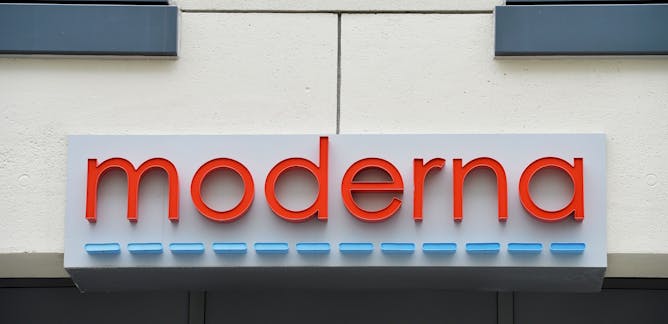
Sanjay Mishra, Vanderbilt University
Results from phase 1 trials of a COVID-19 mRNA vaccine created a burst of optimism. But details the company failed to release suggest it is too early to speculate whether the vaccine is effective.
| |
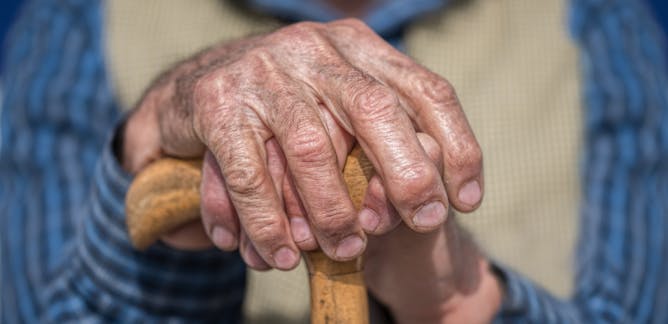
Charalampos (Babis) Rallis, University of Essex
This discovery could be important in helping increase human healthspan and longevity.
|
|
|
Energy + Environment
|

Larissa Basso, Stockholm University
Global quarantine is not a long-term solution – we still have a lot of work ahead.
| |

Ken Buesseler, Woods Hole Oceanographic Institution
Microscopic ocean phytoplankton feed a "biological pump" that carries carbon from the surface to deep waters. Scientists have found that this process stores much more carbon than previously thought.
|
|
|
En Français
|
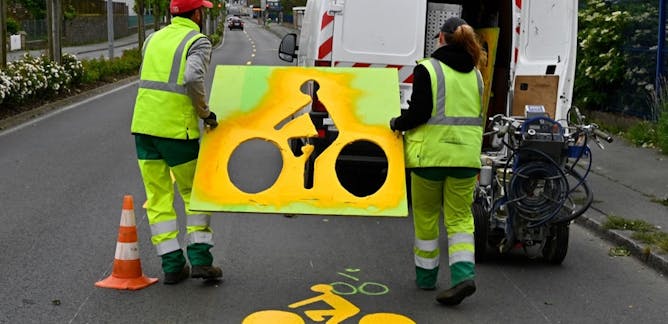
Pep Canadell, CSIRO; Corinne Le Quéré, University of East Anglia; Felix Creutzig, Mercator Institute on Global Commons and Climate Change; Glen Peters, Center for International Climate and Environment Research - Oslo; Matthew William Jones, University of East Anglia; Pierre Friedlingstein, University of Exeter; Rob Jackson, Stanford University; Yuli Shan, University of Groningen
De tout récents travaux du Global Carbon Project montrent dans le détail les effets de la pandémie et du confinement sur l’économie mondiale.
| |

Philippe Bizouarn, Université de Paris; Élodie Giroux, Université Jean-Moulin Lyon 3
Si chez malades, le pourcentage de fumeurs était plus faible que dans la population générale, il ne faut pas crier au lien de cause à effet.
|
|
|
En español
|
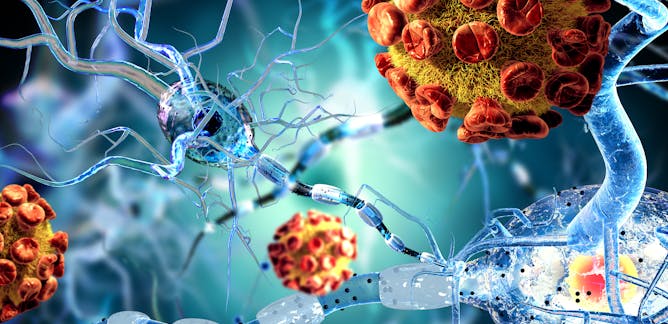
Alejandro Romero Martinez, Universidad Complutense de Madrid; Francisco López-Muñoz, Universidad Camilo José Cela
La melatonina tiene múltiples acciones antivirales. Los expertos barajan su uso como tratamiento complementario frente a la COVID-19.
| |
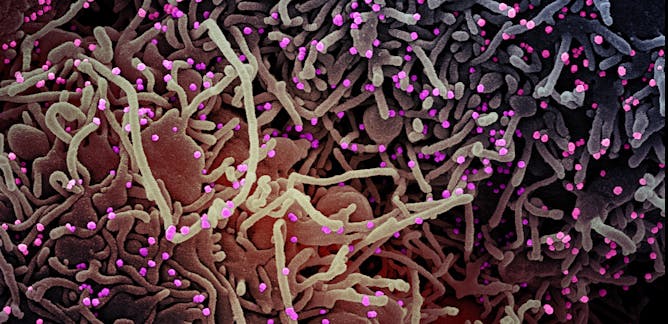
Juli Peretó, Universitat de València
Los virus han desempeñado un papel crucial en la evolución, como bien atestiguan las huellas que han dejado incrustadas en los genomas. Pero también son causantes de enfermedades.
|
|
|